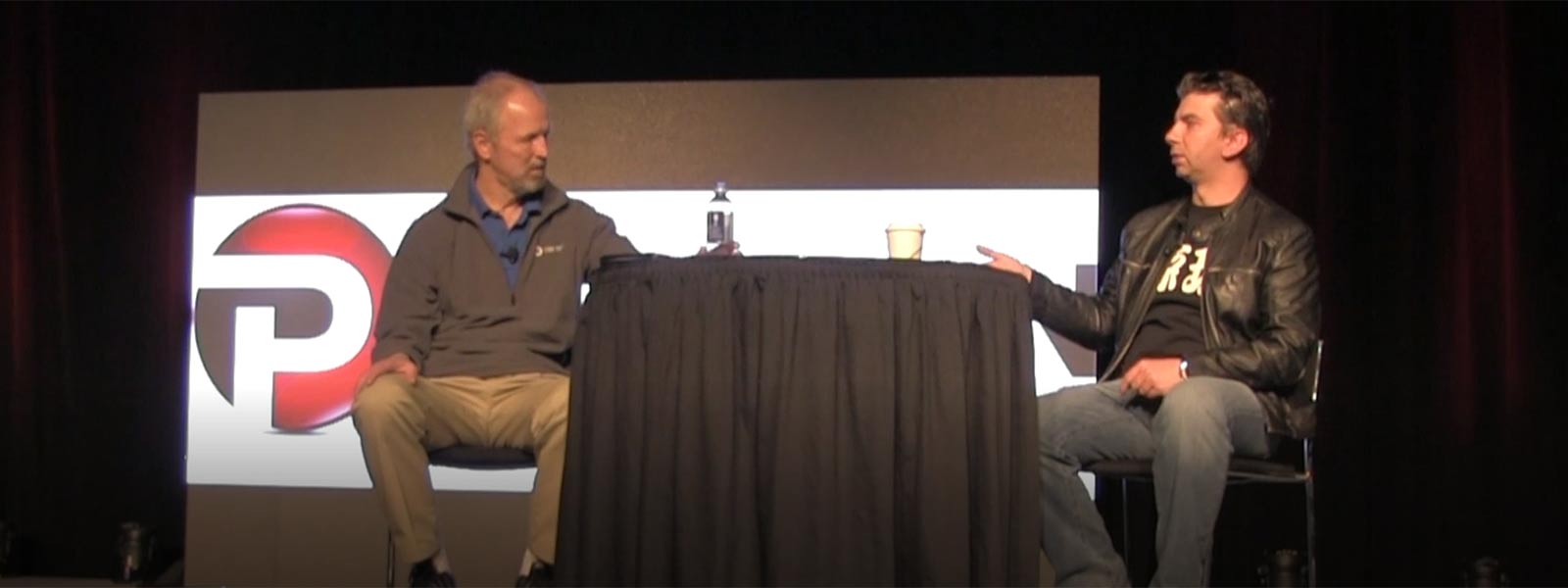At Pubcon 2017 in Las Vegas, Perficient Digital’s Eric Enge sat down with Google Webmaster Trends Analyst Gary Illyes for an in-depth keynote conversation about recent developments in search and SEO.
In this final of four video excerpts from that conversation, Eric asks Gary about a “user happiness score” mentioned by another Google engineer in a Pubcon session, and whether that meant Google is using user behavior in search results as a ranking factor. A transcript and links to the other videos in this series are below the video.
- Google Ranking: Query Deserves Diversity and Video Position Bidding
- Can Pages Rank on Google without Links?
- Does Google Use Online Mentions for Search Ranking?
Transcript
Eric: So, yesterday [at Pubcon Las Vegas] I think it was, Nathan Johns of Google talked a little bit about a user happiness score, this idea that you evaluate, at some level, the overall user happiness that you’re generating with your overall algorithm.
Gary: For experiments, like 1% experiments, we launch for a limited number of users a new ranking change, for example, or a search feature, or a redesign or something. And then we look at how people react to that change.
Eric: Okay. So, in your controlled 1% sample tests, that’s the place where you actually do look at things to see what the user happiness is.
Gary: Yeah, then we look at everything. We even have specialized analysts who will try to decipher what different kinds of clicks mean on those experiment pages, and they try to figure out people’s reactions to a change without talking to people, based on how they tapped, where they tapped, for how long they tapped, if they scrolled, if they didn’t scroll, all these things that normally I wouldn’t even think about. But it turns out, it’s a very accurate measurement for figuring out whether someone likes something or not.
Eric: Right.
Gary: And I know that several other bigger companies use similar technologies to figure out whether a change is good for the market.


When you post your complete talk with Nathan Johns ?
Eric’s remark wasn’t about a particular conversation with Nathan Johns; it was in reference to something Nathan had said during his Pubcon session the day before.